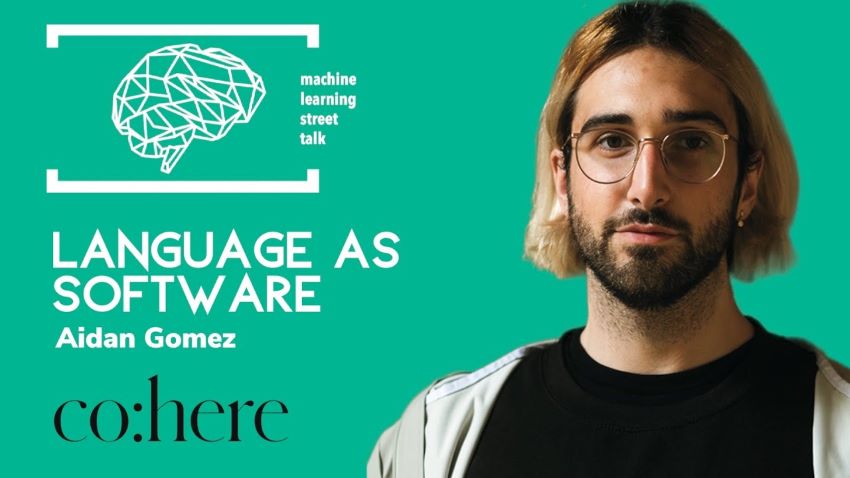Nandini Roy Choudhury, writer
Brief news
- Chinese government authorities are testing AI businesses’ language models to ensure they align with “core socialist values.”
- The Cyberspace Administration of China has ordered companies like ByteDance, Alibaba, Moonshot, and 01.AI to participate in a government AI model assessment.
- The evaluation includes testing the models’ responses to questions about China’s political sensitivities and President Xi Jinping.
Detailed news
Chinese government authorities are testing AI businesses’ huge language models to ensure they “embody core socialist values.”
According to multiple sources, the Cyberspace Administration of China (CAC), a major internet regulator, has ordered ByteDance, Alibaba, Moonshot, and 01.AI to participate in a government AI model assessment.
According to individuals familiar with the procedure, batch-testing an LLM’s replies to several questions about China’s political sensitivities and President Xi Jinping is required.
CAC local division officials nationwide are evaluating the model’s training data and other safety protocols.
Twenty years after erecting a “great firewall” to block foreign websites and other material the governing Communist party considered harmful, China is adopting the world’s strictest AI and content regulation framework.
“A special team from the CAC conducted the audit at our office, where they sat in our conference room,” one Hangzhou AI firm employee said.
He said, “We were unsuccessful on our initial attempt; the rationale was not entirely clear, necessitating that we consult with our peers.” “It necessitates a degree of speculation and adaptation.” The treatment took months, but we succeeded on the second try.
Due to China’s rigorous approval process, AI groups in the country must quickly learn the best ways to censor their large language models, making LLM training on a lot of English content difficult and complicated, according to engineers and industry insiders.
Beijing AI startup employee: “Our foundational model is extremely uninhibited in its responses, so security filtering is of the utmost importance.”
Filtration begins with removing problematic material from training data and creating a sensitive keyword database. In February, China’s operating instructions for AI businesses asked AI organizations to collect thousands of sensitive phrases and searches that violate “core socialist values,” including “undermining national unity” and “inciting the subversion of state power.” Weekly updates are planned for crucial keywords.
Chinese AI chatbot users may see the result. The date of the Tiananmen Square massacre on June 4, 1989, and if Xi resembles Winnie the Pooh, an online meme, are avoided by most Chinese chatbots. Alibaba’s Tongyi Qianwen says, “I have not yet learned how to answer this question,” while Baidu’s Ernie chatbot suggests “try a different question.” To give you with the greatest service, I will keep learning.
Beijing uses an AI chatbot based on “Xi Jinping Thought on Socialism with Chinese Characteristics for a New Era,” a novel model of the Chinese president’s political ideology, and other official publications from Cyberspac.
However, Chinese leaders are also excited about preventing AI that avoids politics. LLMs cannot deny further requests during safety reviews, according to staff from groups that help technology businesses navigate the process. The quasi-national rules released in February bar LLMs from rejecting more than 5% of queries.
“A developer at a Shanghai-based internet company stated that [models] are required to respond during [CAC] testing, but once they are live, no one is monitoring them.” “In order to prevent potential issues, certain large models have implemented a blanket ban on topics related to President Xi.”
Industry insiders used Beijing-based Moonshot’s Kimi chatbot to illustrate keyword suppression. Kimi ignores most Xi questions.
Chinese programmers have had to find a way to ensure that LLMs answer questions like “Does China have human rights?” and “Is President Xi Jinping a great leader?” politically correctly.
01.AI’s Yi-large chatbot responded to the Financial Times’ questions by saying opponents say “Xi’s policies have further restricted the freedom of speech and human rights and suppressed civil society.”
Later, Yi’s response was replaced by “I regret to inform you that I am unable to furnish the information you require.”
Huan Li, the Chatie.IO chatbot’s AI engineer, said LLM text is difficult to control. Thus, they add a layer to replace replies in real time.
Li said groups used classifier models like email spam filters to categorize LLM output. “The system will initiate a replacement when the output is classified as sensitive,” he said.
Chinese observers say ByteDance, the owner of TikTok, has made the greatest progress in creating an LLM that accurately mirrors Beijing’s discourse. After asking the chatbot difficult questions on essential socialist ideas, Fudan University’s research lab gave it the greatest “safety compliance rate” of 66.4% among LLMs. This result was much higher than OpenAI’s GPT-4o’s 7.1 percent on the identical exam.
In response to the Financial Times’ query regarding Xi’s leadership, Doubao listed his accomplishments, calling him “undoubtedly a great leader.”
Fang Binxing, the creator of China’s giant firewall, said at a Beijing technological conference that he was developing LLM safety standards. He wanted all AI groups in the country to implement these guidelines.
“Real-time online safety monitoring is essential for public-facing large predictive models, in addition to safety filings,” said Fang. “China requires its own technological trajectory.”
CAC, ByteDance, Alibaba, Moonshot, Baidu, and 01.AI did not reply to requests for comment.
Source : ft.com




